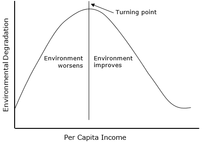Walter's Blog |
|
|
"If you want to read a blog to get a sense of what is going on in Hong Kong these days or a blog that would tell you what life was like living in colonial Hong Kong, this blog, WALTER'S BLOG, fits the bill." Hong Kong Blog Review
|
Join Walter's email alert list for new posts
|


